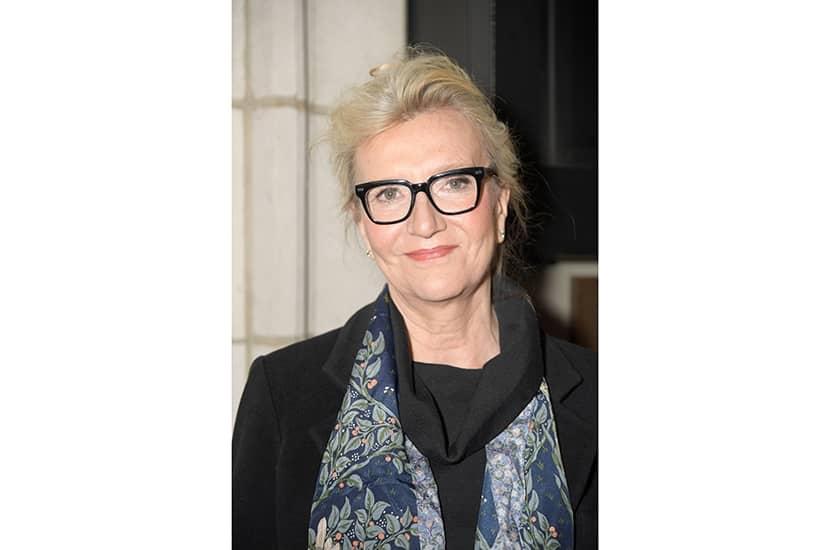‘Reading is a celebration of the mystery of ourselves,’ according to Elizabeth Strout, who writes to help readers understand themselves and other people. In Oh William!, Strout resurrects Lucy Barton, the enigmatic heroine of a previous novel, setting her on a mission to get to know William, her first husband.
This is Strout’s third outing for Lucy, who also reappeared in Anything is Possible, a collection of interlinked stories about the residents of Amgash, Illinois, Lucy’s hometown. Now in her early sixties and newly widowed, Lucy is good friends with William, who is on wife number three — Estelle, a woman 22 years younger than him. ‘And that was no easy thing,’ Lucy, a successful novelist, writes.
Strout fans will know William from My Name is Lucy Barton, the 2016 novel that became a one-woman play, starring Laura Linney, which Lucy narrates from her Manhattan hospital bed after a ruptured appendix leaves her mysteriously ill for weeks. But new readers needn’t worry: Strout fills any gaps with plenty of recaps, which help to flesh out Lucy, a curious character who endured a miserable childhood of ‘terribly bleak poverty’, living in a garage with abusive parents and two siblings.
Lucy escaped her family with a scholarship to college, where she met William. They were married for nearly 20 years; Lucy left him after he had a number of affairs. ‘What is it that William knew about me and that I knew about him that caused us to get married?’ she wonders.
William tells Lucy, who he calls ‘Button’, that he is suffering from night terrors. ‘When he uses my pet name from our past it means that he is present in some way he is so often not, and I am always touched when he calls me that,’ she says. William’s problems spiral when Estelle walks out, and he finds out he has a surprise half-sister whom his mother abandoned to marry his father, a German prisoner of war. William asks Lucy to help him to find his half-sister, but this mystery, which involves a road trip around Maine, is only tangentially what the book is about.
What Strout is doing, in her customary crisp prose, is getting the reader — addressed throughout as ‘you’ — to reassess every single relationship they’ve ever had: with their partner, their parents, their children and themselves, while they can still do something about it. ‘This is the way of life: the many things we do not know until it is too late,’ Lucy berates herself.
Reading Strout feels like it might get you closer to knowing at least some of those things; or failing that, remind you that not knowing can also be OK. ‘We are all mysteries, is what I mean,’ concludes Lucy, as she battles to fathom William. ‘This may be the only thing in the world I know to be true.’
This article was originally published in The Spectator’s UK magazine. Subscribe to the World edition here.

























